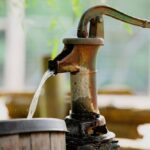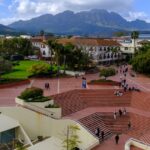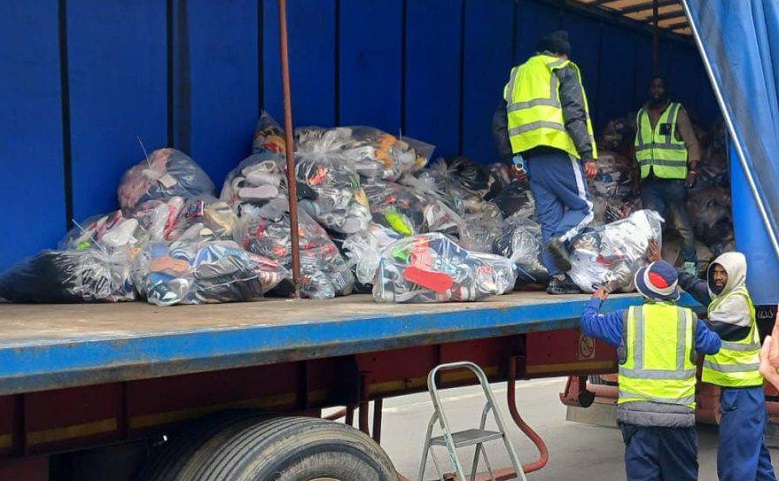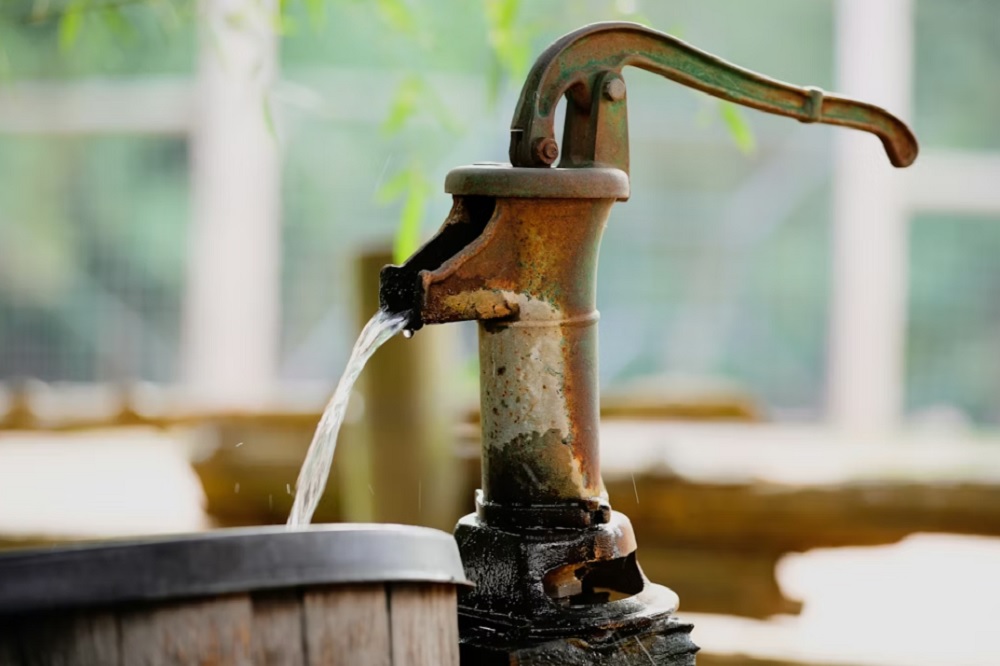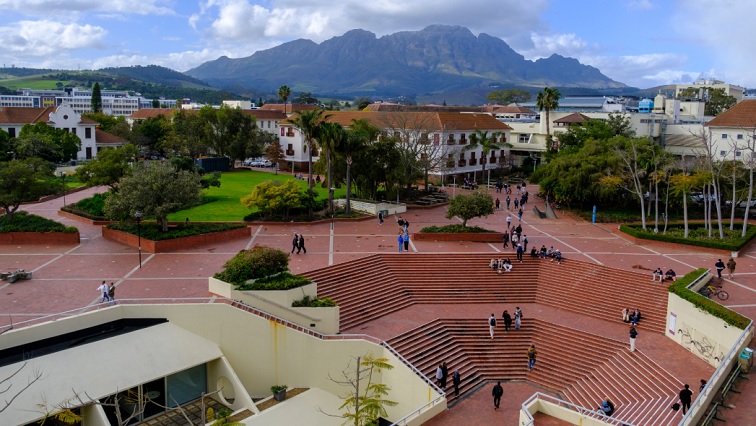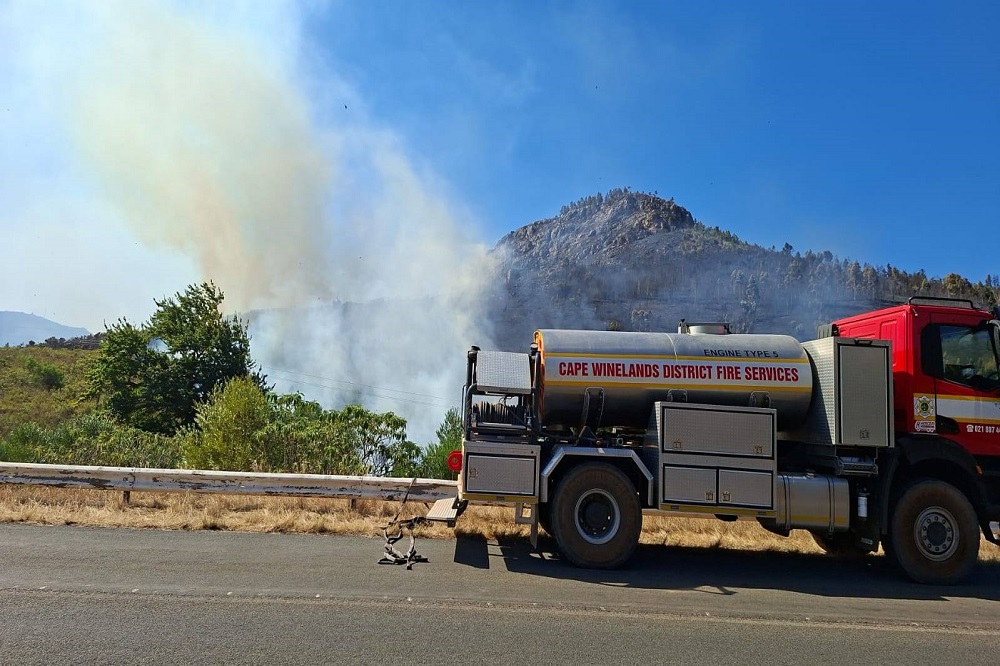-
SAPS seized R94 million in counterfeit goods including clothing items and pads in nationwide crackdown.
Counterfeit goods are wreaking havoc across multiple South African industries, from fashion to electronics, costing businesses billions and undermining the country’s creative and industrial sectors.
According to the Consumer Goods Council of South Africa (CGCSA), it is estimated that counterfeiting could account for as much as 10% of the South African economy.
Fashion designers, including MaXhosa Africa’s Laduma Ngxokolo, have stepped up their fight against fake products that dilute their brand value and cultural significance, following a discovery of some of his wares being sold on Johannesburg’s Small Street.
Ngxokolo says, “Counterfeit goods don’t just threaten our businesses, they undermine our culture and creativity. Our designs carry stories and heritage that cannot be replicated.”
MaXhosa Africa, known for its bold celebration of Xhosa heritage, did not only make waves at Paris Fashion Week with its new collection Umbulelo collection, but is also confronting the counterfeit fashion crisis head-on.
The brand joined other leading creatives like Imprint ZA, Gert Johan Coetzee and Africa Your Time Is Now and the Alliance Against Counterfeit (AAC) to fight the spread of fake fashion.
MaXhosa soars in Paris while fighting counterfeits at home
AAC says, “This counterfeiting poses a real risk to consumers as it potentially exposes them to unsafe or dangerous products while making it more difficult for local authentic manufacturers to remain competitive and deprives governments of tax revenue that could contribute to much-needed service delivery.”
The collaboration aims to educate consumers on the dangers of counterfeit goods and promote authentic South African craftsmanship.
AAC says, “Counterfeiting undermines intellectual property rights, facilitates organised crime, results in lost government revenue, and erodes consumer trust, ultimately hindering economic growth and development of our the fashion industry and textile industry.”
Counterfeit foods and electrical goods pose serious safety risks and contribute to economic losses across the continent. In September 2024, a total of 890 reported incidents of food-borne illnesses across all provinces, attributed to fake foods sold in townships.
Gauteng and KwaZulu-Natal were the most affected, with Limpopo, Free State and Mpumalanga also recording dozens of incidents. These claimed the lives of at least 22 children in the country.
In November 2024, CGCSA launched a national illicit awareness campaign using the tagline, “Checka daai ding, Reka Makoya!”. The focus of the initiative was to transform the public into vigilant buyers who can identify and reject counterfeit products.
Fashion Designers express concern about the sale of counterfeit goods at the Buy Local Summit:
CGCSA CEO Zinhle Tyikwe says, “The Consumer Goods Crime Risk Initiative (CGCRI) division of the CGCSA is assisting authorities, particularly law enforcement, to address this public health matter and these alerts from the community help. We urge the public to report any suspicious activities relating to illicit, counterfeit and food fraud.”
The body also launched the MyCGCSA App, to help consumers verify products they buy, from big stores, online, or informal markets. The App will confirm if a product is genuine or raise an alarm, prompting consumers to report the suspicious product.
The Gauteng MEC for Economic Development recently met AAC and other stakeholders to discuss stronger enforcement and consumer awareness initiatives. The main goal of the meeting is to protect South Africa’s industries and safeguard cultural legacies.
As MaXhosa Africa showcases Umbulelo collection on the global stage, it serves as a reminder of the value of authenticity. The collection not only celebrates African heritage but also sends a strong message: true creativity cannot be counterfeited.
“Kube Chosi—Let everything spoken at the shrine manifest,” Ngxokolo said, echoing the collection’s spiritual essence and reinforcing the need to protect genuine cultural expression from the shadow of counterfeit culture.
Sars says it will make an announcement on April 1, 2025, to address questions about the illicit economic activities in the country.
The revenue collection agency says, “Counterfeit of luxury goods is on the increase including local ones…” And they are engaging with other stakeholders such as AAC and MaXhosa, who are players involved in the fight against counterfeits.
Scores of other South African brands have found themselves being counterfeited and the issue seems to be growing.
@lihlebobuffel Kwa Abdul #plugs #sinodbnrunner #SAMA28 ♬ original sound – Sinoyolo Zuma
@lihlebobuffel♬ original sound – Sinoyolo Zuma


